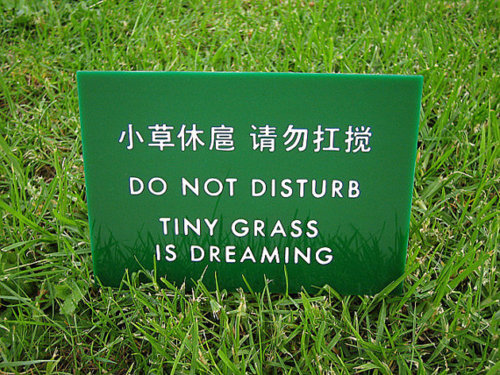The trouble with making linguistic claims
There is a lot for reasonable people to agree with and disagree with in Philip Kitcher's recent essay in The New Republic, "The Trouble with Scientism: Why history and the humanities are also a form of knowledge". This being Language Log, however, I can only urge readers of Kitcher's essay to take the following linguistic claim with a healthy dose of skepticism:
In English we speak about science in the singular, but both French and German wisely retain the plural.
Kitcher's point in making this claim — and the actual, reasonable argument that follows it — is that "science" is hardly a singular thing:
The enterprises that we [English speakers–EB] lump together [with the singular word "science"–EB] are remarkably various in their methods, and also in the extent of their successes. The achievements of molecular engineering or of measurements derived from quantum theory do not hold across all of biology, or chemistry, or even physics.
This argument is a key part of the larger (and again, reasonable) argument laid bare in the essay's subtitle: that "history and the humanities are also a form of knowledge". Anyone interested in this kind of topic (as I am) is encouraged to read this essay, followed by the other links further above, and perhaps counterbalanced by this NYT Opinionator blog post. (And don't forget to squeeze the comments.)
So what about the linguistic claim? Unfortunately for Kitcher, it's complete hogwash.
Read the rest of this entry »

